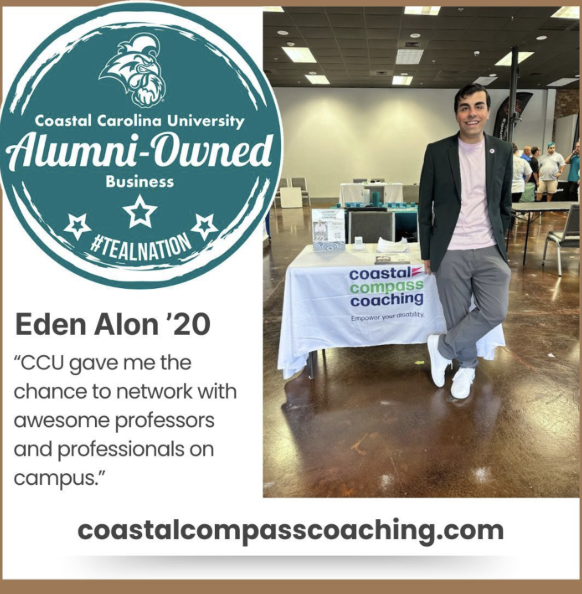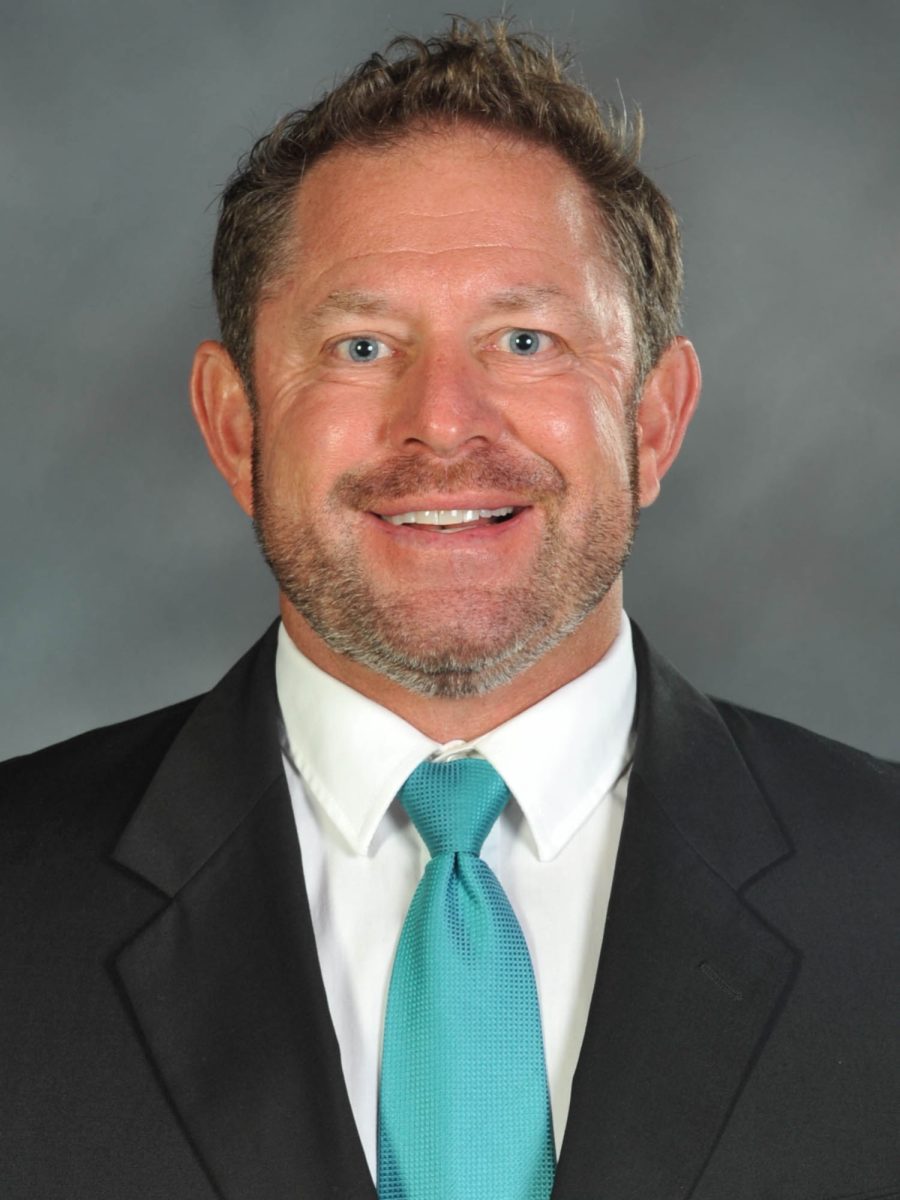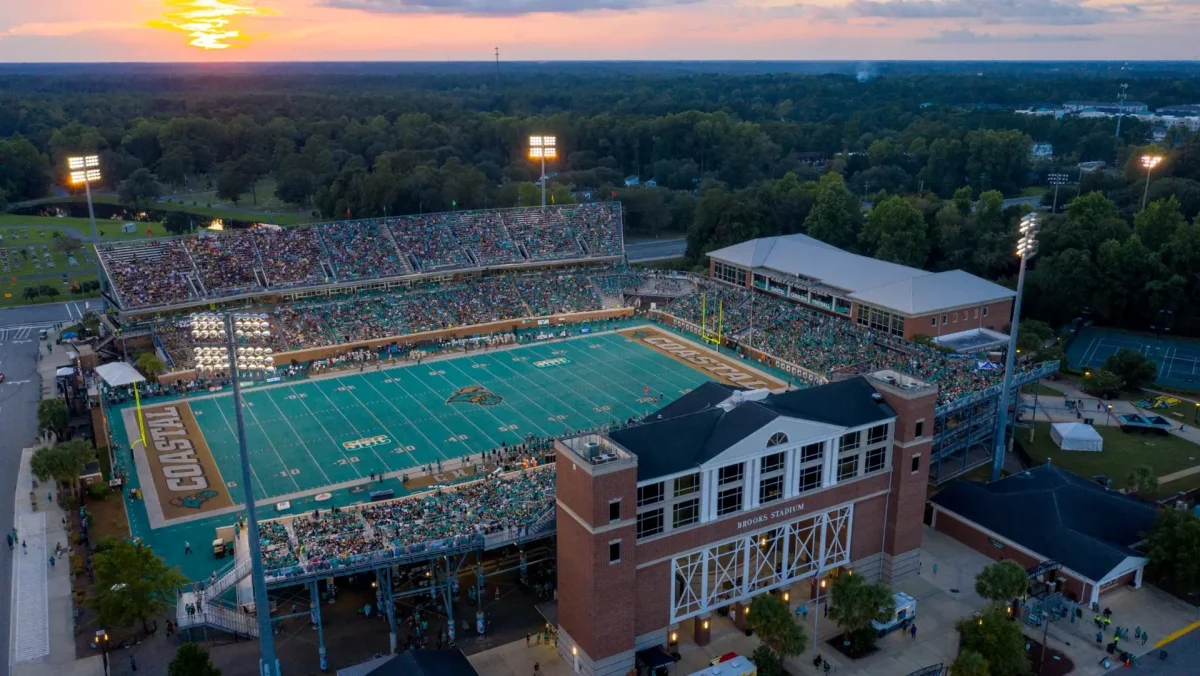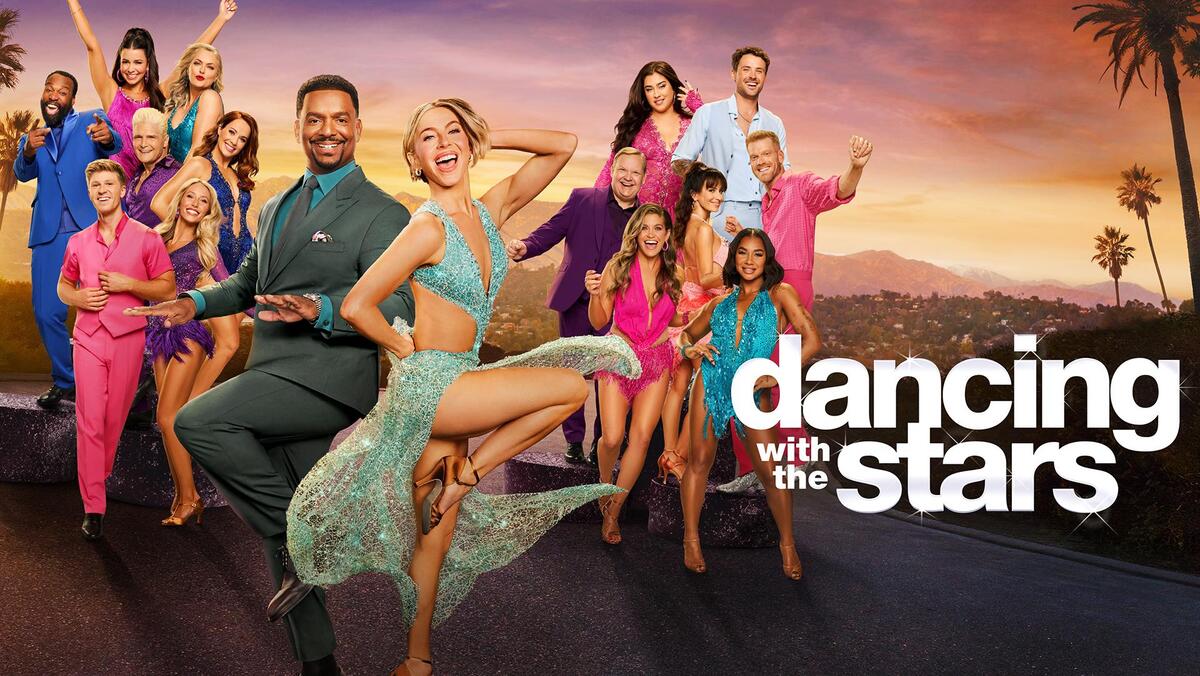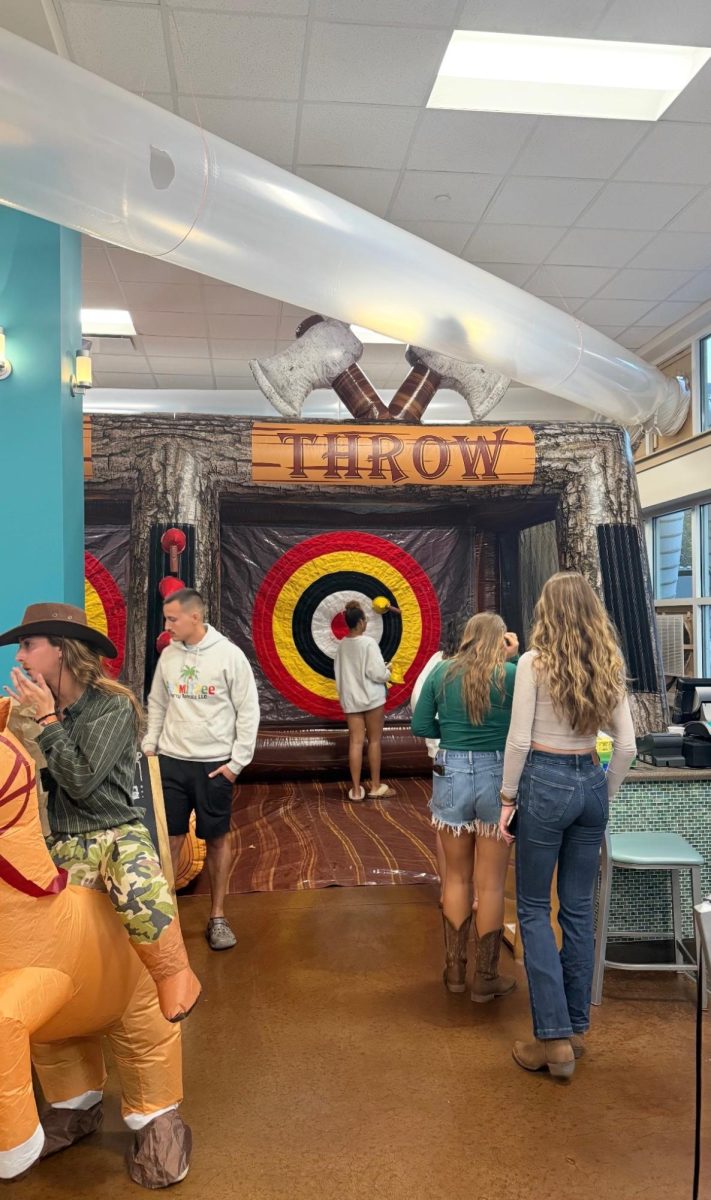There’s a lot going on globally, nationally, and even in our local communities, from the Israel-Palestine conflict in the Middle East to a mass shooting in Lewiston, Maine.
Now, more than ever, it is crucial for all of us as Generation Z to acknowledge and educate ourselves on how our leaders are responding to these issues.
Did you know that nearly one in ten Americans believe that the Declaration of Independence freed enslaved people in Confederate states? The American Bar Association also discovered in their new national poll that one in five Americans believe the first 10 amendments of the U.S. Constitution are called the Declaration of Independence instead of the Bill of Rights.
It alarms me, and I’m sure many others, that so many Americans are unaware of how the government operates, or the principles this country was founded on.
How can we do our part as citizens to bridge this educational gap? How can we make informed decisions that work best for our local, state, and federal governments? How can we tell what information is real or fake online? What should we do to elect the right representatives for us?
It’s important to understand that the lack of civic literacy is not just because people are apathetic or tired of hearing about the American government. High-quality civics education isn’t a huge priority at both the federal and state level.
Teachers are left with little to no support. Children are disproportionately affected when it comes to having equitable access to education in the United States.
Before you head to the polls on Election Day in 2024, research who the candidates are on the ballot, what their values are, and what policies they plan to focus on if elected. Talk to your current representatives and voice what affects your communities the most. There’s plenty of time.
The more action, participation, and advocation we send to our elected officials, the more voices will be heard.
If we become apathetic to the causes that are affecting all of us, the number of constituents our representatives are listening to will shrink. It will further create a divide between our leaders and our community.
We have the power to keep the conversations going.
